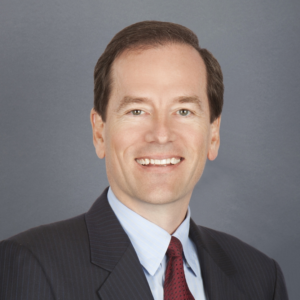
Mike spent 10 years as an international management consultant, with postings in Chicago, Johannesburg, London, and Los Angeles. From 1998 to 2012, Mike held leadership positions with Sempra Energy, a Fortune 300 energy holding company based in San Diego. During this period, Mike was the Chairman, President and CEO of Southern California Gas Company, the largest natural gas distribution company in the United States. Prior to that, Mike was the President and CEO of Sempra Generation, a pioneering electric generation business where he launched the utility-scale solar power industry and built one of the largest renewable energy businesses in the country.
From 2014 to 2016, Mike was the President of Bit Stew Systems, a software company operating in the “Industrial Internet of Things” industry. Mike led the sale of Bit Stew to General Electric in 2016, in a deal that was awarded “Deal of the Year” by the Canadian Venture Capital and Private Equity Association.
In November 2017, Mike announced his campaign for US Congress in California’s 52nd Congressional District in San Diego, running on a platform of digital democracy. Mike’s innovative constituent voting platform based on blockchain technology, and his commitment to vote in Congress the way his constituents tell him how to vote on an issue-by-issue basis, holds the prospect of reinventing the way Congress operates.
Presentation Information
Using a blockchain-based online voting system to reinvent government
Technology has had a radical impact on nearly every industry. One notable exception is government. The fundamental structure of government in the United States, that of a representative republic, has essentially been unchanged since our country’s founding. Today a confluence of events has opened the door for remaking government, where power can shift away from centralized authorities and towards a dispersed public interest, leading to greater cooperation and a more representative form of government.